Nebulae, the clouds of the Universe
Hello Steemians!
In yesterday's post about the Hubble Telescope I posted many pictures of so called nebulas, so I decided to take a closer look in what they are.
The word nebula comes from Latin and basically means cloud.
The nebulae are interstellar clouds formed of hydrogen, helium and dust.
Some nebulae are formed by stars, others from gases that are already floating in the Universe.
The largest nebula is the Orion Nebula and can be viewed with the naked eye.
The nebulae are very in size but are usually enormous, reaching up to million of light years in diameter!
Not only do nebulae come in various sizes, but also various shapes and colors.
H II region are nebulae that are formed of interstellar atomic hydrogen that got ionized, one example is the NGC 604 Nebula.
Planetary nebula is one formed from the gas ejected by an old red giant star. The Eskimo Nebula is a great example.
The Crab Nebula is a great example of a so called supernova remnant which is the result of a star explosion.
A dark nebula or so called absorption nebula, is one that is so dense that it hides the light from objects behind it, it often appears as black space between the stars.
The nebulae are without doubt one of the most beautiful sights in the universe, with astonishing shapes and colors the dominate the skies.
Hope you all enjoyed this posts about this giants floating around the Universe!
Till next time, with this wonderful picture of the Butterfly Nebula!
Sources:
https://en.wikipedia.org
https://www.youtube.com
http://www.space.com
https://www.iaspacegrant.org
https://www.spacetelescope.org
http://www.micazen.com
Follow and support me on the @Steemizen project!
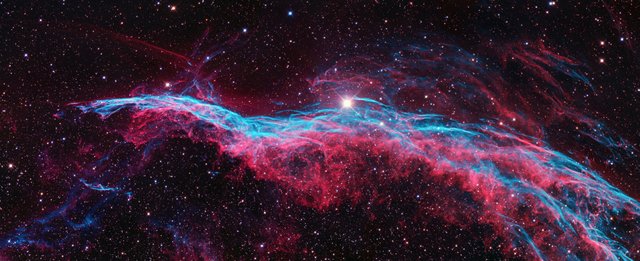
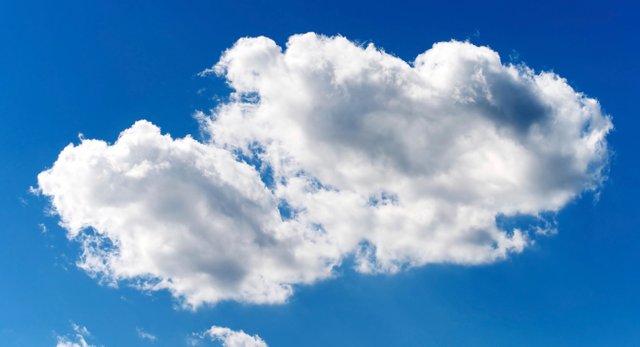
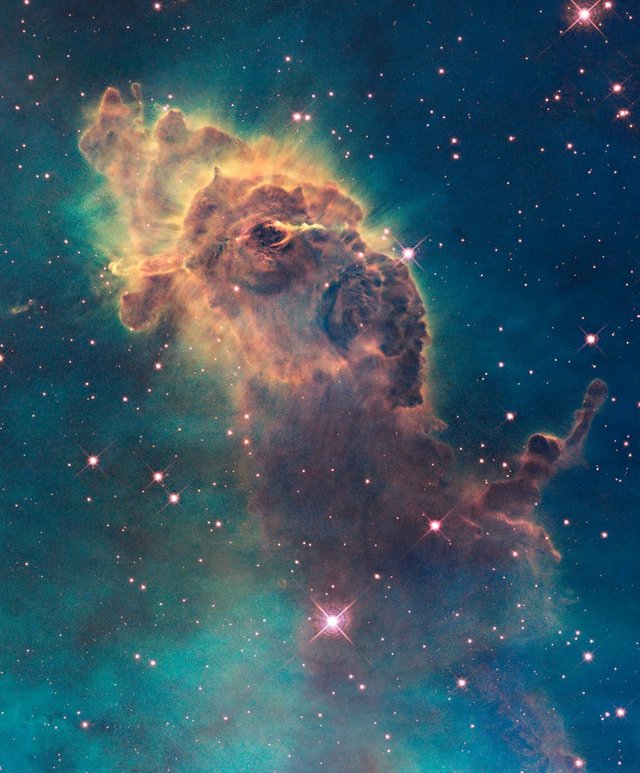
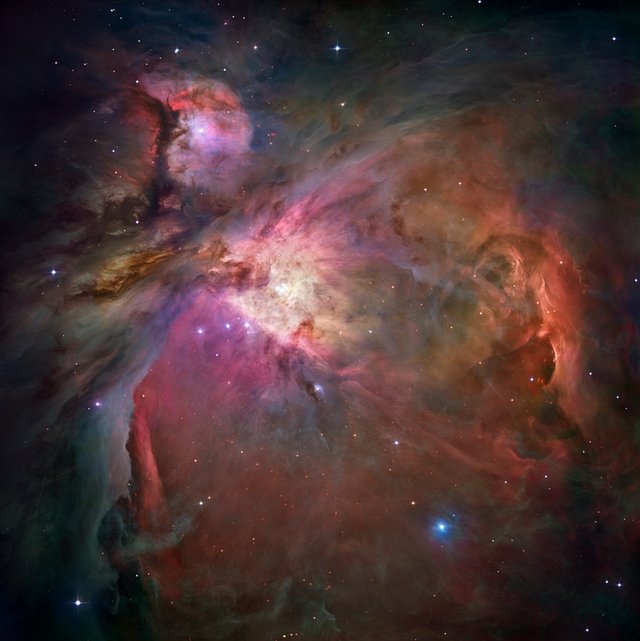
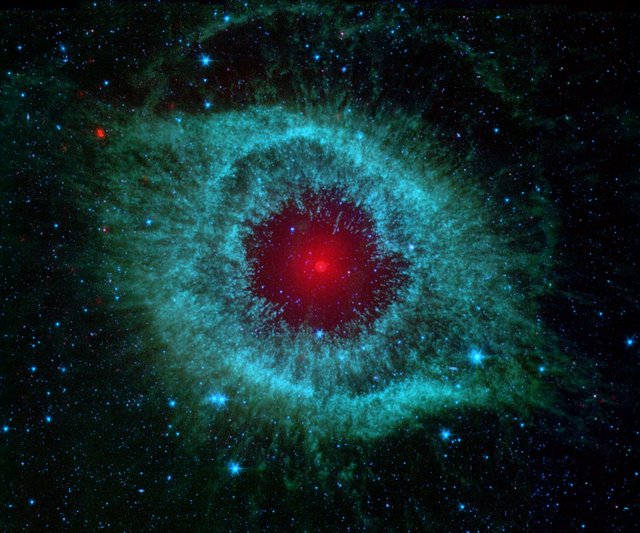
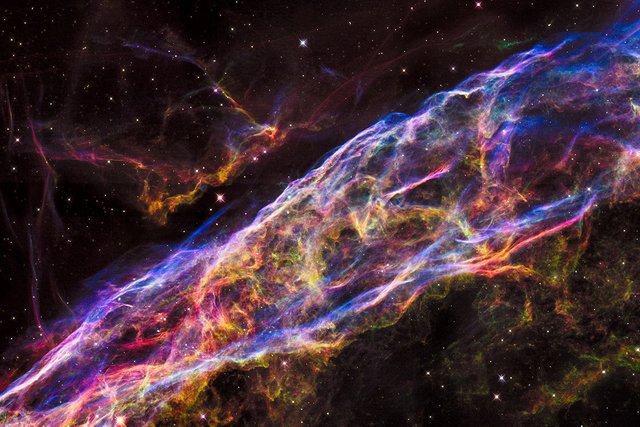
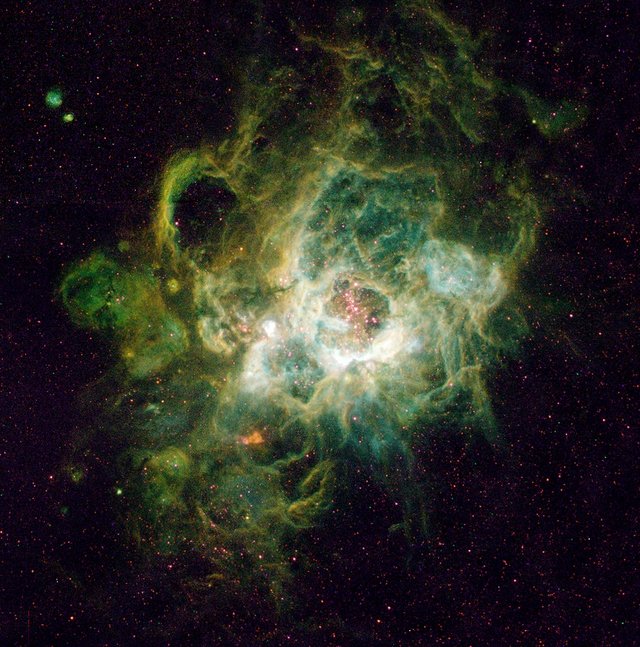
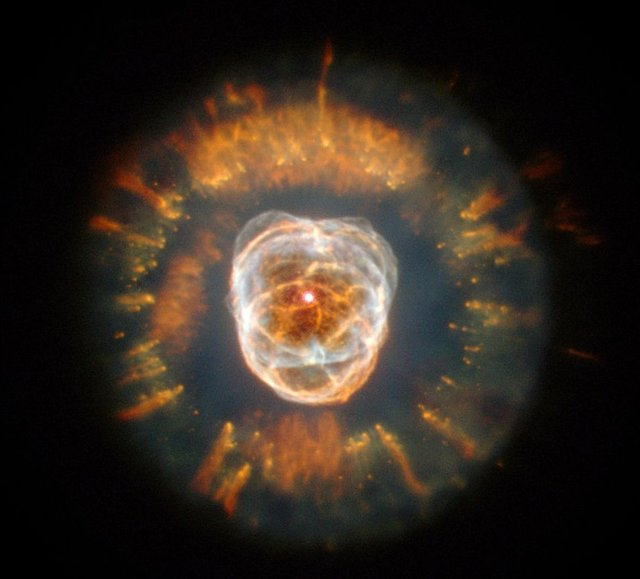
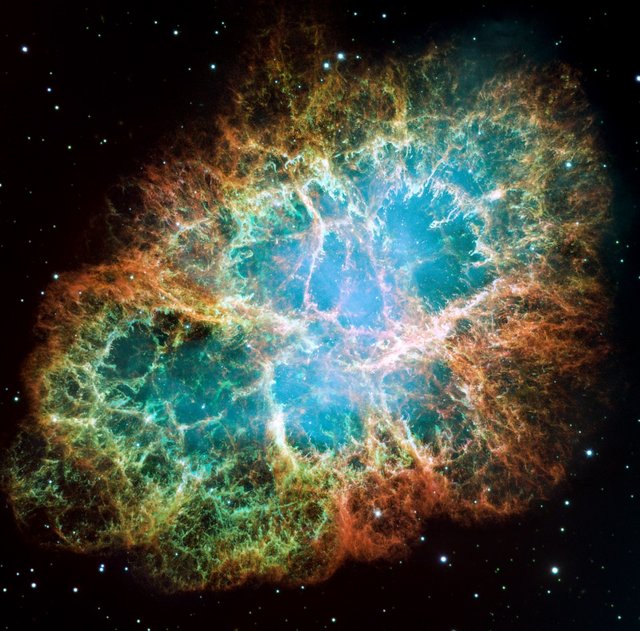
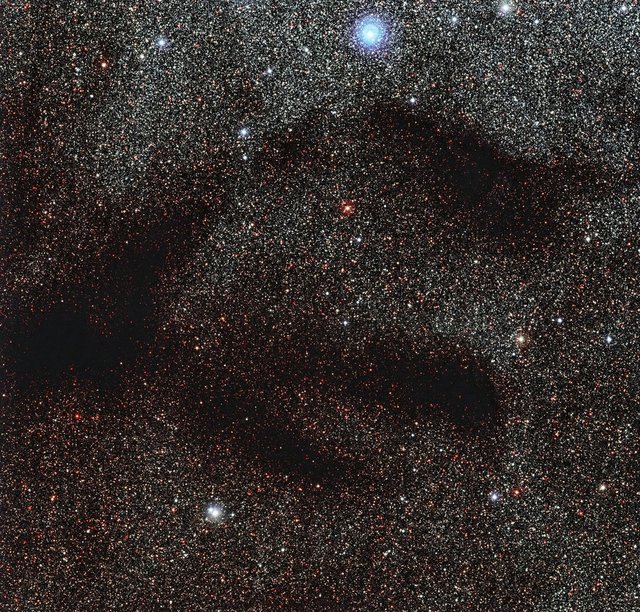
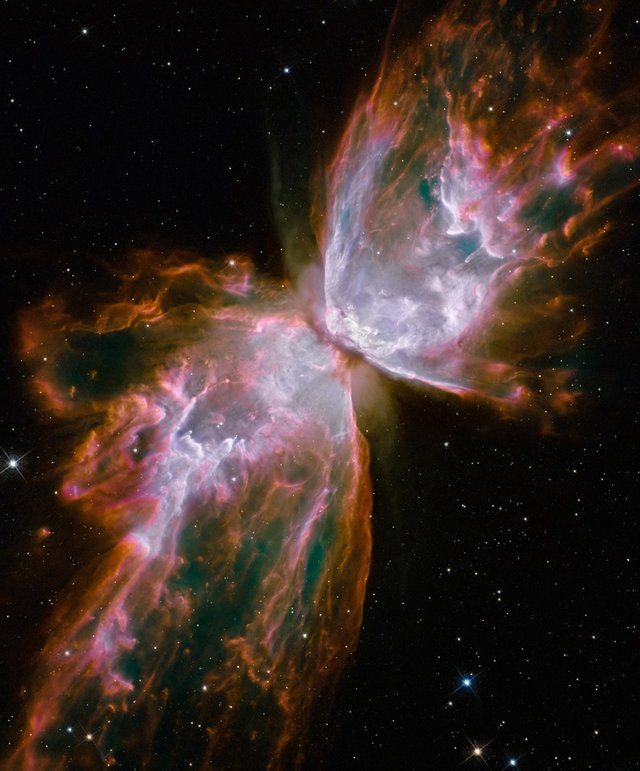
If I recall my University astrophysics correctly, to the naked eye they are much less colourful. The colours we see in pictures are 'real' in a sense, but not the conventional sense most would understand by the word. They show variation in the wavelength of light, and we enhance those visually to colours which humans can see.
indeed, they are actually radiate by the reflected star light, the photos are all taken by the telescopes thou, not sure if they do the enhancing themselves or down at Earth after they get the pictures.
For many the colour comes from long exposures. Others are false colour enhanced.
Great article and terrific research. I look forward to more of your posts.
Thank you! looking forward to reading more posts on your end as well, I just read the " How to handle money" post, rly liked it! keep on bringing more content alike it!
Very interesting.
Honestly, I could look at images of nebulae all day. They're so pretty with all the colors and so much diversity!
they are, probably, the most fascinating visual effects out ther!